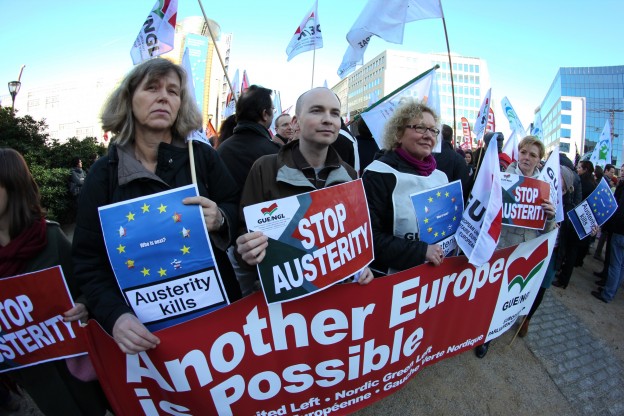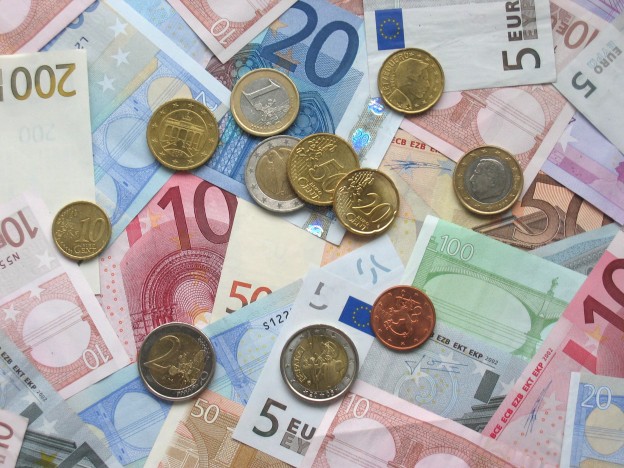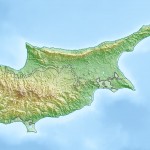Eurozone politicians, together with the International Monetary Fund, reached an agreement to grant Cyprus a much needed bailout package. The ailing southern European state has been grappling with a stumbling economy and an overstretched banking sector.
The bailout entails an unparalleled and possibly crippling clause. It includes levying 6.75 per cent of all Cypriot bank accounts up to $129,000 and 9.9 per cent for balances higher. Unsurprisingly, the planned levy left many Cypriots wondering whether it would be better to simply withdraw the money and stuff it in mattresses.
The bailout terms sent shock-waves around Europe and the US. The forced confiscation of funds is an unprecedented move which might even push the small island state into chaos. If Athenians can riot, so can the people of Limassol.
But how is the levy any different from a normal tax or a precipitous tax increase? In a way, isn’t all taxation a form of confiscation?
For the wide-eyed euro optimist, the deal that was struck is better for the individual Cypriot because now the burden is shared with foreign companies based in Cyprus, whereas under normal bailout conditions, only the government and tax payers would foot the bill.
Regardless, it’s morally questionable to ask depositors to suffer the consequences of a badly managed economy and it seems that the new levy is simply yet another tax to support a union that can no longer breathe on its own.
The biggest fear of the enablers of the continued survival of the single currency is that a member state will leave the euro. However, the decision makers in Brussels will likely keep the zone together even if it means punishing the citizen.








































